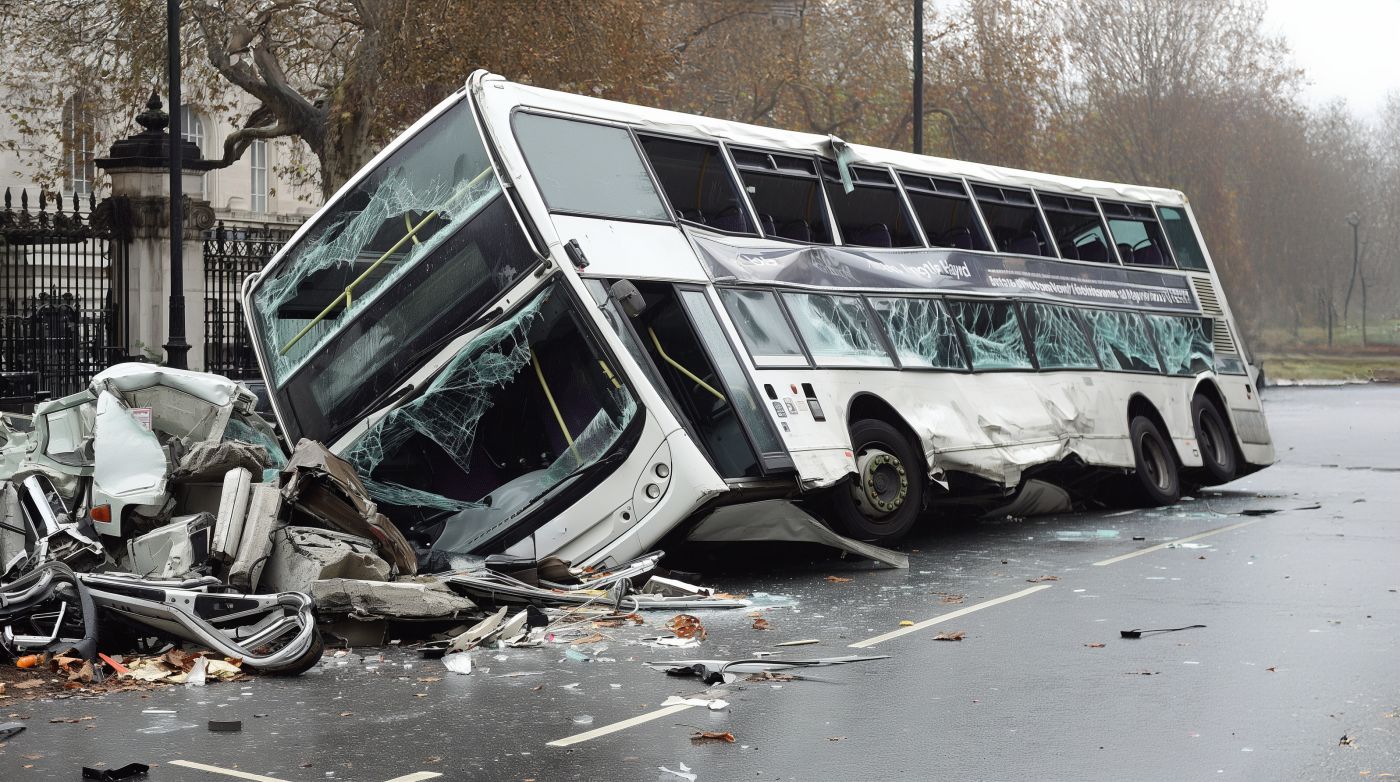Police reports are critical documents that provide an official account of incidents, ranging from minor car accidents to serious criminal activities. These reports serve as an essential resource for the appropriate law enforcement agency, legal professionals, insurance agents, accident victims, and involved parties of the incident. The primary purpose of a police report is to record the facts and circumstances surrounding an incident, ensuring that all relevant details are documented accurately and comprehensively.
The process of creating and approving a police report involves several steps. Initially, when an incident is reported, police officers respond to the scene to gather information, interview witnesses, and collect evidence. Once this preliminary investigation is complete, the police officers compile their findings into a written report. This report is then reviewed by a supervising officer or another designated official within the police department to ensure accuracy, completeness, and compliance with legal and procedural standards. The approval process can vary in duration, influenced by several factors.
Factors Influencing Approval Times
Severity and Complexity of the Incident
The nature of the incident impacts the time required for a police report to be approved. Simple cases, such as minor traffic accidents or petty thefts, typically involve straightforward documentation and fewer procedural requirements. Severe incidents, such as complex car accidents or large-scale fraud, demand thorough investigations, extensive evidence collection, detailed report writing, and as much information gathered as possible, leading to longer approval times.
Additionally, incidents involving multiple parties, serious injuries, or fatalities often require coordination between various law enforcement agencies, forensic experts, and other specialists, further complicating and prolonging the approval process. The necessity to cross-reference information, interview witnesses, and ensure all legal protocols are meticulously followed adds layers of complexity, making the timeline for approval longer compared to more straightforward cases.
Workload and Resources of the Police Department
The efficiency of the police department plays a crucial role in determining the approval time for a report. A police station with adequate staffing, modern technology for filing reports, and streamlined processes can expedite the review and approval of reports. Conversely, departments burdened with heavy workloads, understaffing, or limited resources may experience delays in the approval process. Working closely with your local law enforcement agency will help you understand the challenges they face and allow you to provide additional information or assistance if they need it, potentially expediting the approval of your report.
Availability of Witnesses and Evidence
The presence and cooperation of witnesses, as well as the availability of evidence, are vital in the timely completion of a police report. Delays in locating witnesses, obtaining statements, gathering physical evidence, or any additional information can prolong the investigation and approval phases. Additionally, situations where witnesses are uncooperative or evidence is insufficient may require additional time to corroborate facts and complete the report.
Legal Requirements and Procedural Intricacies
Police reports must adhere to specific legal standards and procedural protocols, which can influence the approval time. Compliance with local, state, and federal regulations, along with adherence to internal departmental policies, is essential for the validity of the report. Any discrepancies or omissions may necessitate further revisions and reviews, extending the approval period.
General Timelines for Police Report Approval
Minor Incidents Vs. Major Incidents
For minor incidents such as traffic violations, minor car accidents, and even small slip and fall incidents, the approval process is generally quicker. Police reports for these incidents can often be approved within a few business days to a week.
However, major incidents involving serious crimes, significant property damage, severe injuries, multiple car accident victims, or intricate investigations may take several weeks or even months after the accident occurred to be thoroughly reviewed and approved. Car accident victims should be sure to acquire legal assistance immediately after the incident to be sure they are properly represented.
Comparative Timelines Across Different Jurisdictions
The time required for police report approval can vary significantly across different jurisdictions. Larger metropolitan areas with high crime rates, multiple law enforcement agencies, and extensive bureaucratic processes may experience longer approval times compared to smaller towns or rural areas with fewer incidents and streamlined procedures. Additionally, differences in state laws, departmental law enforcement policies, and available resources contribute to the variability in approval timelines.
Steps to Expedite the Approval Process
Prompt Reporting and Cooperation
One of the most effective ways to expedite the approval process of a police report is to ensure prompt reporting of the incident. Timely notification allows the reporting officer to respond quickly and begin their investigation without delays. Fully cooperating with the police officer by providing accurate and detailed information can facilitate a smoother and faster approval process.
Providing Comprehensive Information at the Accident Scene
When reporting an incident to your local police station, it’s crucial to provide comprehensive information at the scene. This includes giving clear and concise statements, identifying witnesses, and offering any available evidence to be included in the accident report, such as photographs or videos. Complete and accurate information helps police officers compile the report more efficiently and reduces the need for follow-up investigations.
Follow Up with the Police Department
Staying in contact with the police department and following up on the status of the accident report can also help expedite the approval process. Inquiring about any additional information needed, addressing any questions promptly, and demonstrating continued interest in the case can motivate the police department to prioritize the report’s review and approval.
Implications of Delayed Police Reports on Legal Cases
Impact on Personal Injury Claims
Delays in the approval of a police report can have significant implications for personal injury claims. Insurance companies and legal representatives rely on these reports to assess liability, determine compensation, and build a case. A delayed report may hinder the timely processing of claims, prolonging the resolution of the case and potentially affecting the settlement amount.
This can be particularly detrimental for someone who is dealing with a personal injury lawsuit, as the delay in obtaining a police report can stall the legal process, hinder the collection of necessary evidence, and impact the timely resolution and potential compensation of the case.
Potential Delays in Insurance Settlements
Insurance settlements for property damage, medical expenses, and other related costs often depend on the information contained in a police report. A delay in the police report’s approval can result in postponed insurance evaluations and settlements, causing financial strain and uncertainty for the parties directly involved.
Summary and Key Takeaways
The time it takes for a police report to be approved is influenced by various factors, including the severity and complexity of the incident, the workload and resources of the police department, the availability of witnesses and evidence, and compliance with legal requirements. While minor incidents may see quicker approval times, major incidents can experience significant delays.
Understanding these factors and taking proactive steps, such as prompt reporting, providing comprehensive information, and following up with the police department, can help expedite the approval process.
The timely approval of police reports is crucial for legal cases, personal injury claims, and insurance settlements. Delays can have far-reaching implications, affecting the resolution of legal matters and the financial well-being of those involved. By recognizing the importance of police reports and the factors influencing their approval, individuals can better navigate the process and mitigate potential delays.



